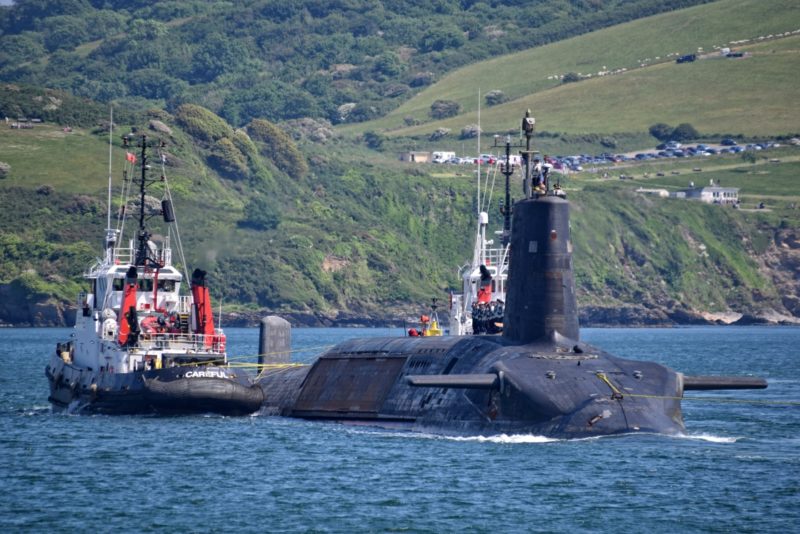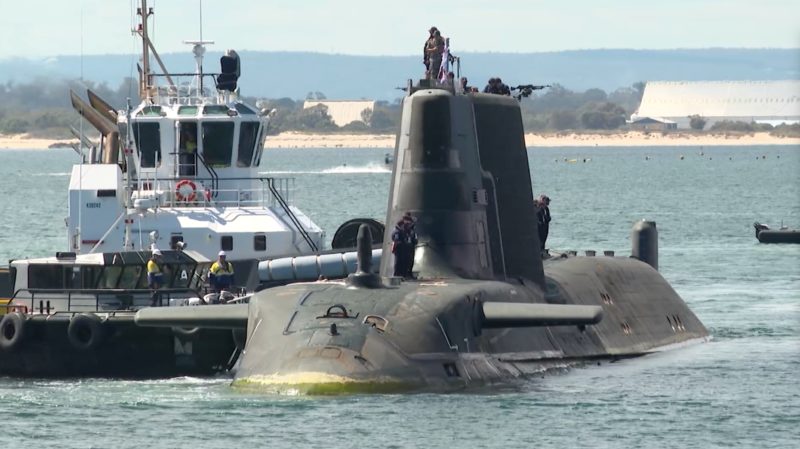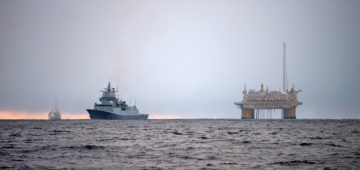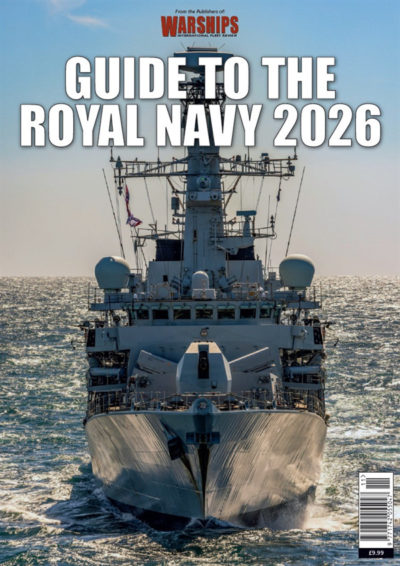
British Prime Minister Rishi Sunak visits Barrow-in-Furness today (March 25) on the pre-General Election trail. He is using an announcement of tens of thousands of jobs being created in the civil and military nuclear enterprise to (so he hopes) boost the Conservatives’ chances of retaining power. Even so, the P.M.’s presence at the UK’s sole submarine construction yard is to be welcomed as a sign of commitment to the key element of national strategic deterrence.
Meanwhile, Secretary of State for Defence Grant Shapps is unveiling the UK Government’s ‘Defence Nuclear Enterprise Command Paper.’ According to the Ministry of Defence this sets out ‘for the first time the full breadth of activity to sustain and modernise the UK’s continuous at-sea nuclear deterrent – a cornerstone of national and global security for more than 55 years.’
However, for all Mr Sunak’s fine words – and the blue skies promises of the Command Paper – the reality is that there is no point in expressing renewed commitment to the naval nuclear enterprise if the boats Barrow produces cannot today receive the refits they need to stay in operational service. This is due to a lack of usable dry docks at Devonport Dockyard (far away from Barrow, in the Southwest of England) and is a situation that will not be fully cured until 2027.
HM Naval Base Clyde – these days the only submarine base in the UK – also needs more capability to maintain in-service submarines. Promises, as yet unfulfilled, have been made to procure two floating dry docks to supplement its shiplift ‘shed’.
There is also a need for urgent attention in other parts of the Navy. For example, the Royal Navy recruitment system is failing to deliver enough people. What is the point of government ministers boasting about current Astute Class attack submarines (aka SSNs, the UK’s nuclear-powered conventional deterrent force) and forthcoming Dreadnought Class vessels that replace the current Trident boats from the 2030s (if we are lucky) if there are not going to be enough people to operate them? There’s zero chance of getting them to sea in order to protect the UK now or in the future without the recruitment problems being solved right now.


Thousands of young people are reportedly giving up on even trying to join the Senior Service – or any other branch of the UK military – because the system is too slow and fragmented. They have better things to do with their lives than sit around waiting. It is hard enough to attract people to serve in submarines, or the military in general, even without a woefully inefficient recruitment system.
The fact that the Astutes are complex to maintain and currently only one or two are ever available for operations means too many spend most of their lives never putting to sea. We suspect the lack of activity by the SSNs means that eager, highly-trained submariners exit the Service because they find it all a bit dull. It is not at all what they signed up for in a supposedly elite force on the cutting edge of national and NATO defence.
Those that serve in the Submarine Service aboard the Vanguard Class nuclear deterrent submarines (SSBNs) are, meanwhile, faced with record-breaking nuclear deterrent patrols due to a lack of operational boats. It took more than seven years to refit HMS Vanguard and HMS Victorious arrived at Devonport last May to begin her major refit, but she has yet to get into a dock. With Vanguard not yet back out on patrol (at the time of writing) HMS Vengeance and HMS Vigilant soldier on.
They shoulder the burden of too much time under the sea. Vigilant and Vengeance have recently completed six and seven months-long patrols respectively. That’s double what they should be doing, with immense strain on the submariners, their boats, plus their families and loved ones ashore. It is no doubt also affecting retention of submariners.
Let’s hope the bright new world of the P.M.’s ‘national endeavour’ and the ‘Defence Nuclear Enterprise Command Paper’ offer a means to fix urgent deep-seated problems right now. Otherwise it’s just more waffle and a smokescreen for a huge national failure.

-
For more on the ‘Perfect Storm’ afflicting the UK Submarine Service, see a special commentary in our April edition






Comments
Sorry, comments are closed for this item